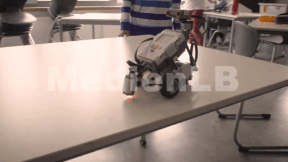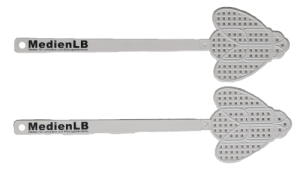Suche:
- # Artistry
- # Biology
- # Chemistry
- # Ecological
- # Economy
- # English
- # Foreign Language
- # Geography
- # German
- # Health
- # History
- # Informatik
- # Latin
- # Mathematics
- # Media Education
- # Music
- # Physics
- # Politics / Civics
- # Preschool
- # Primary School
- # Religion
- # Society
- # Sports
- # Technology
- # Training of Teachers
- # Vocational Education
Crane
Even though all cranes are lifting equipment – type and appearance of a crane can be quite different. Depending on their purpose and operating site there are various types of cranes and various crane technologies. There are crane types which are mobile and mounted on a vehicle. Other cranes, however, are permanently installed and located on a construction site, at a port or in a hall.
Learn moreResponsible Consumption
What do “consumption“ and “consume“ actually mean? This is what the child reporter Ferdinand wants to find out today. That much is for sure: often it has something to do with money.
Learn moreStaatssymbole
Currently There are 194 countries or states on our earth. Every state has its own state emblem, for example, a national flag. It is a symbol of the history of a country, of its situation or its culture.
Learn moreCattle
Cattle have been of vital importance for humanity due to both their spread all over the world and presence throughout almost all of human history.
Learn moreMedia in Everyday Life
Media are part of our everyday lives. Children already used media in the past, however, it was not called that back then. A long time ago, boys and girls read books and magazines. In the past century, records, radio and television for children were added.
Learn moreFairy Tales
Helga Josefa Sophie loves fairy tales. When she was little, her mother read her the ancient stories. Later her children and then her grandson Janik listened spellbound when she read from the fairy tale kingdom between reality and the magical world.
Learn moreProgramming
There are a lot of things in the world whose functioning and appearance were determined even before they are perceived or before they occur.
Learn moreThe Making of a Children’s Book
Every year thousands of new books are published. You can get a notion of that vast number at the large book fairs in Frankfurt or Leipzig.
Learn moreHands-on Biology
To perform the experiment with beans you need first of all the seeds, of course. Runner beans are well suited for it. Watch out! Eaten raw, bean seeds are poisonous! For the germination experiments you need one plant pot per experiment. You need a waterproof pen for labelling the pots. Moreover, a watering can and water are required to keep the plant soil moist which is also needed. Some of the plant soil should be dried beforehand. To exclude the light you need a carton, to exclude the air a solid, transparent plastic bag and to exclude the soil cotton wool. In addition, scales, a glass and a protractor are required.
Learn moreRiparian Forest
A large area of Europe is covered by woodland. In Germany alone, the number of trees is estimated at about 90 billion at present. That means, in Germany there are more than 1,000 trees per inhabitant.
Learn more


























